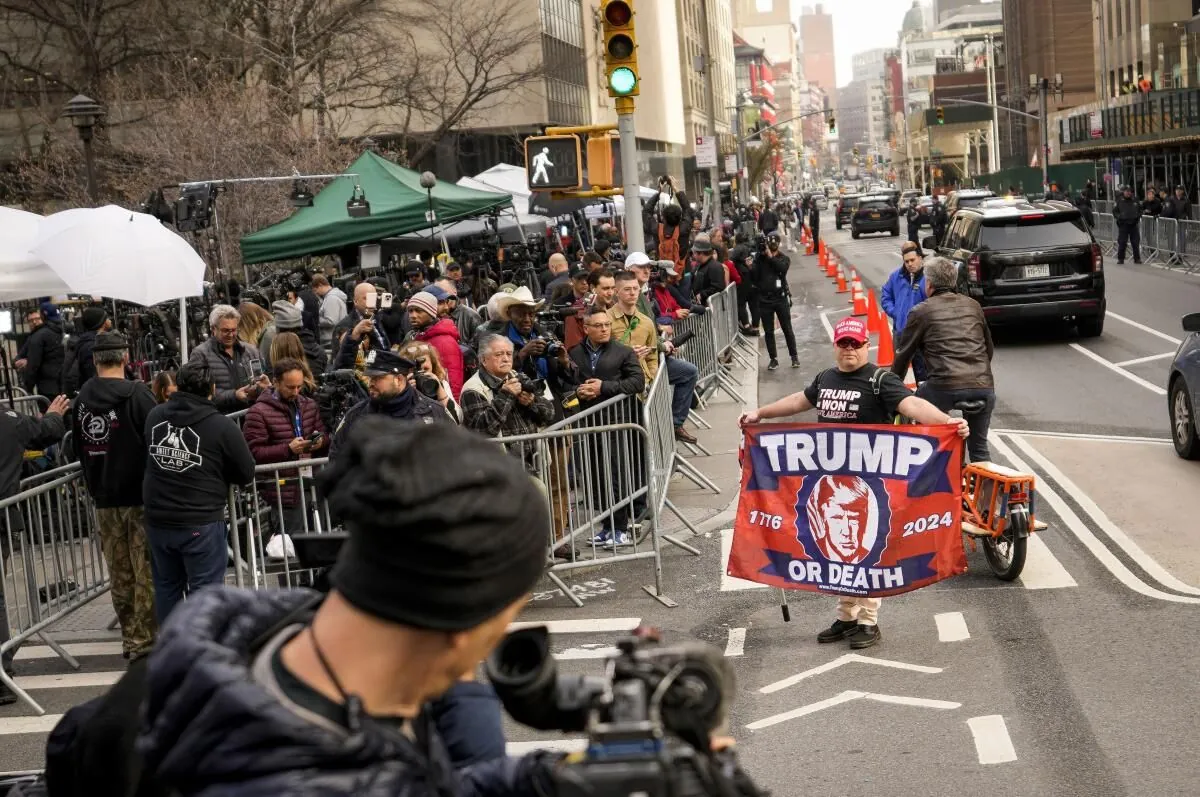DNA Evidence Clears Man After 23 Years: A Landmark Exoneration Case
Jon-Adrian Velazquez's murder conviction overturned after 23 years, thanks to new DNA evidence. Manhattan DA's integrity unit played crucial role, highlighting issues with eyewitness testimony in criminal trials.

In a significant development for criminal justice reform, Jon-Adrian Velazquez has been exonerated after serving 23 years in prison for a murder he consistently maintained he did not commit. The case, which concluded on September 30, 2024, underscores the critical role of DNA evidence in overturning wrongful convictions.
Velazquez, now 48, was convicted of the 1998 murder of retired police officer Albert Ward during a robbery in Harlem. However, recent DNA analysis of a betting slip believed to belong to the shooter yielded no genetic material matching Velazquez. This breakthrough led Manhattan prosecutors to join Velazquez's legal team in seeking the dismissal of his conviction.
The courtroom erupted in emotion as Justice Abraham Clott formally dismissed the case. Velazquez, who had been free since receiving clemency from then-Governor Andrew M. Cuomo in 2021, embraced his mother amidst tears and cheers.

This case highlights the potential fallibility of eyewitness accounts in criminal trials. In recent decades, the reliability of such testimony has been increasingly scrutinized. The Innocence Project, founded in 1992, has helped exonerate over 375 wrongfully convicted individuals using DNA evidence, with eyewitness misidentification being the leading cause of wrongful convictions in the United States.
The Manhattan District Attorney's conviction integrity unit, reorganized in 2022 under DA Alvin Bragg, played a crucial role in reviewing Velazquez's case. This unit has vacated 10 convictions since its reorganization, reflecting a growing trend in the U.S. justice system. As of 2024, there are over 90 conviction integrity units across the country, with the first established in Dallas County, Texas, in 2007.
Velazquez's case is part of a larger pattern of exonerations in recent years. The National Registry of Exonerations has recorded over 3,000 exonerations since 1989, with DNA evidence playing a crucial role in many of these cases. The average length of wrongful incarceration for exonerees is about 14 years, making Velazquez's 23-year imprisonment particularly notable.
During his time in prison, Velazquez became an advocate for other inmates he believed were innocent. His persistence and hope throughout his ordeal were praised by his lawyer, Earl Ward, who described the exoneration as "one of the highlights of my career."
The case also drew support from prominent figures, including actors Martin Sheen and Alfre Woodard. This celebrity involvement highlights the growing public awareness of wrongful convictions and their impact on individuals and communities.
"I am a very lucky man. I'm lucky that so many people believed in me."
The dismissal of Velazquez's conviction raises important questions about the reliability of eyewitness testimony and the need for continued reform in the criminal justice system. It also underscores the importance of post-conviction DNA testing, a practice that has become more powerful with technological advancements allowing for the analysis of smaller and more degraded samples.
As the justice system continues to grapple with issues of wrongful convictions, cases like Velazquez's serve as powerful reminders of the importance of thorough investigations, the potential for errors in eyewitness accounts, and the crucial role of scientific evidence in ensuring justice is served.


































